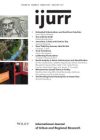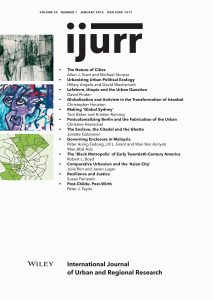There has been a growing debate in recent decades about the range and substance of urban theory. The debate has been marked by many different claims about the nature of cities, including declarations that the urban is an incoherent concept, that urban society is nothing less than modern society as a whole, that the urban scale can no longer be separated from the global scale, and that urban theory hitherto has been deeply vitiated by its almost exclusive concentration on the cities of the global North. This article offers some points of clarification of claims like these. All cities can be understood in terms of a theoretical framework that combines two main processes, namely, the dynamics of agglomeration/polarization, and the unfolding of an associated nexus of locations, land uses and human interactions. This same framework can be used to identify many different varieties of cities, and to distinguish intrinsically urban phenomena from the rest of social reality. The discussion thus identifies the common dimensions of all cities without, on the one hand, exaggerating the scope of urban theory, or on the other hand, asserting that every individual city is an irreducible special case.
Details
Written by:
Allen J. Scott, Michael Storper
Digital Object Identifier (DOI)
10.1111/1468-2427.12134
About DOI
Read full article as PDF
Read full article as HTML
See the references for this article

